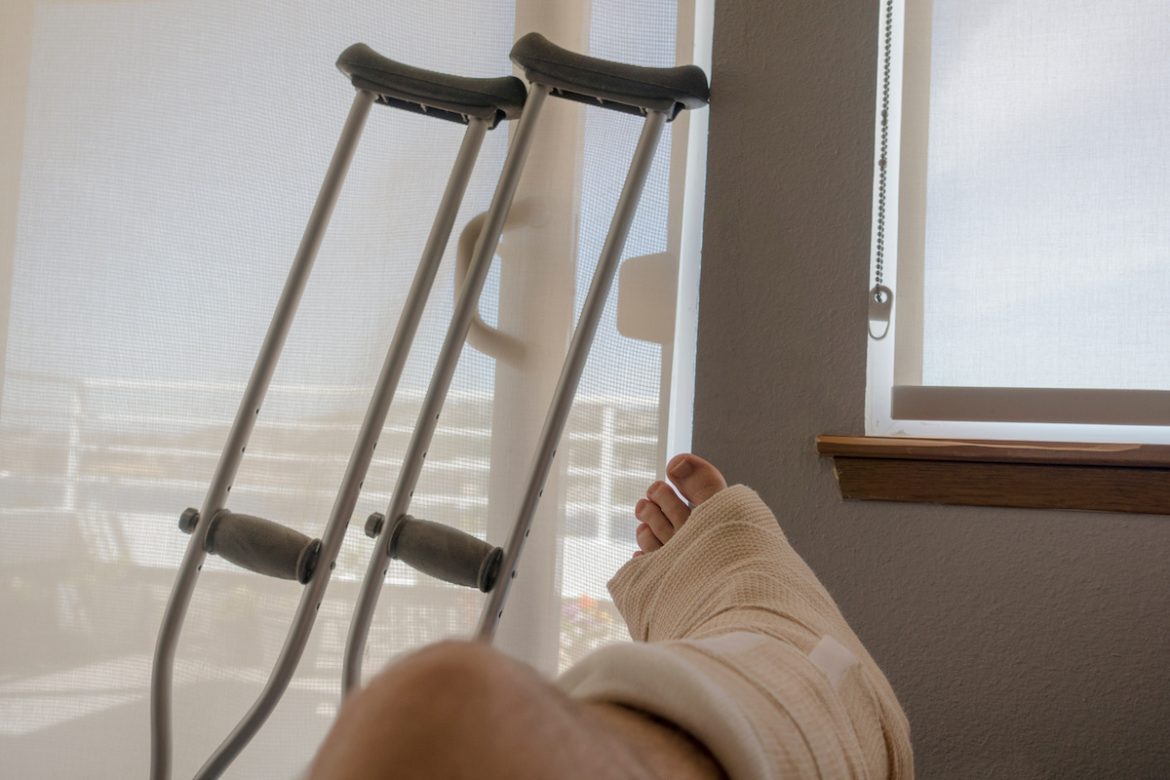Typically, there are around 12,000 car accidents recorded in Portland every year, resulting in thousands of injuries. If you have been injured in an accident that was caused by someone else’s negligence, you may have a case to pursue compensation for your injuries, lost wages, and other damages. Consulting with a personal injury lawyer is an important step to understand your legal options and determine if you have a valid claim.
When meeting with a potential personal injury attorney, asking the right questions is vital to determine if they have the skills and track record to handle your case. Here are 10 key questions you should ask:
1. How much experience do you have with personal injury cases?
An experienced Portland injury lawyer will have a proven history of handling cases similar to yours. Ask specifically how many years they have practiced personal injury law and how many cases they have taken to trial. Make sure they regularly handle cases like car accidents, slips and falls, or medical malpractice. You want an attorney that focuses solely on personal injury cases. Also, verify that they have represented clients extensively during all phases of litigation.
2. What is your success record in getting verdicts or settlements?
The lawyer’s history in securing favorable verdicts and settlements for clients shows their ability to prove liability and damages and negotiate fair compensation. Ask for their win-loss ratio in pursuing injury claims in court as well as their settlement percentages outside court. Also, request a list of recent case results that you can review. An impressive case record reflects effective litigation skills and bargaining power.
3. Are you willing and able to take my case to trial if needed?
Filing a lawsuit and taking a case to trial is sometimes necessary to get the best resolution for the client. In fact, about 5% of car accident cases go to trial. Ask upfront if the lawyer is willing and able to spend the time and money needed to make your case trial-ready, argue in court on your behalf, and go up against high-paid defense teams if needed. An aggressive lawyer shouldn’t hesitate to take a strong case to trial. Get a clear picture of the lawyer’s courtroom confidence as well as resources to litigate.
4. Who in your office will handle most of the work in my personal injury claim?
While an experienced lead attorney may consult at key times, most daily casework is typically handled by junior lawyers or paralegals billing at lower hourly rates. Ask who specifically will be managing vital aspects like evidence collection, communicating with you, drafting documents, negotiating with insurance companies, etc. Ensure that you feel comfortable with who your direct contacts will be. Also, ask if the lead attorney will be directly overseeing the daily casework.
5. How will you keep me updated on case progress?
A good personal injury lawyer will proactively communicate with you on important developments, next steps, and requirements from you, as well as answer questions. Ask specifically how often you can expect to hear from them via phone, email, or meetings and who is the best contact on a day-to-day basis. Request a timeline of key case milestones you’ll be informed of. Outline your preferred methods and frequency of communication upfront.
6. Are there upfront out-of-pocket costs I need to pay?
Some law firms require you to pay certain upfront costs like court and administrative fees but others may cover costs until settlement. Ask about each individual cost you may incur, any payment plans or assistance programs available, as well as the final cost if you recover damages. Get all expected costs and payment options down in writing early on. Be upfront about your financial situation and ability to pay any legal expenses as your case proceeds.
7. What percentage of my settlement will you take as your fee?
Personal injury lawyers typically take a percentage, often 30-40%, of the final damages recovered for you after first recovering their costs. It’s important to ask upfront about their precise fee formula – don’t assume it’s a standard percentage. Also, ask whether the costs are deducted before or after your lawyer takes their share. Legal fees can directly impact your recovery total. Request the exact fee structure calculation in writing.
8. If I don’t win my case, do I still need to pay you?
Most personal injury lawyers work on a contingency fee basis, meaning you only pay if they recover damages for you. However, ask upfront whether you still owe any fees such as expert witness fees or filing fees if you lose your case or don’t recover enough to cover costs. Clarify what out-of-pocket expenses you may have even with a loss. Understand if a payment plan is available for any outstanding legal fees not covered by a settlement.
9. Do you foresee any challenges in proving my case?
Every accident claim has unique issues impacting the ability to prove liability and win adequate damages. Experienced lawyers should lay out upfront what aspects may be challenging such as lack of witnesses and strategies to address them. If a lawyer doesn’t identify any potential weak points, they may not fully grasp the complexities. Probe the lawyer on liability disputes and evidentiary issues. Ask what legal arguments you anticipate the defense making.
10. Can you share past client testimonials or referrals I can contact?
Happy past clients can give you unique insights into what it’s like to work with that lawyer. Ask for the contact info of several past clients (with permission to share details) with cases similar to yours that you can call. Hearing first-hand experiences gives you added assurance about their skills and dedication. Social proof builds further trust. Request referrals that faced setbacks similar to potential challenges in your case.
Suffering an accident injury can be devastating but seeking maximum compensation doesn’t need to be confusing. Working with an experienced personal injury specialist is the key to securing a settlement that helps you move forward with your life, so make sure you choose the right lawyer.




